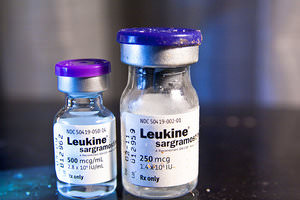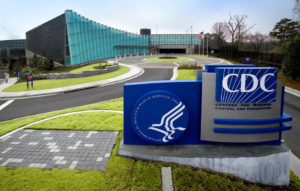Cancer Meds in U.S. Are in Short Supply
A record 180 medicines used to treat cancers and a number of other diseases and infections are in short supply in the U.S. this year, and as a result prices for some have skyrocketed to as much as 20 times the original cost.
A record 180 medicines used to treat cancers and a number of other diseases and infections are in short supply in the U.S. this year, and as a result prices for some have skyrocketed to as much as 20 times the original cost.
Some clinical trials for new drugs have been delayed because researchers must also offer the older, short-supply medicines for comparison’s sake.
Lawmakers and health care officials are working to find solutions to the supply problem, including possibly stockpiling cancer medications the way the Centers for Disease Control and Prevention already does with antibiotics in case of terrorist attacks or natural disasters.
In the article below, The New York Times looks at the forces causing the problem. –BF
Your support matters…The New York Times:
A crucial problem is disconnection between the free market and required government regulation. Prices for many older medicines are low until the drugs are in short supply; then prices soar. But these higher prices do little to encourage more supply, because it can be difficult and expensive to overcome the technical and regulatory hurdles. And if supplies return to normal, prices plunge.
Executives at Premier, a hospital buying cooperative, said that in April and May its members received hundreds of offers from obscure drug wholesalers to sell drugs in short supply at vastly inflated prices. Of the 636 offers that included a price, 45 percent were at least 10 times the normal rate and 27 percent were at least 20 times normal.
Such sales offers are legal as long as suppliers prove that they bought the drugs appropriately.
Independent journalism is under threat and overshadowed by heavily funded mainstream media.
You can help level the playing field. Become a member.
Your tax-deductible contribution keeps us digging beneath the headlines to give you thought-provoking, investigative reporting and analysis that unearths what's really happening- without compromise.
Give today to support our courageous, independent journalists.






You need to be a supporter to comment.
There are currently no responses to this article.
Be the first to respond.